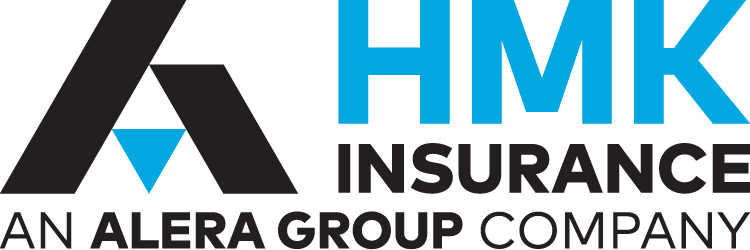A bill that members of Congress are considering would substantially change federal rules governing workplace wellness programs, lifting limits on the inducements that can be used to persuade workers to provide personal health information, according to a brief by the Kaiser Family Foundation.
 Currently, several federal laws apply to workplace wellness programs. The Affordable Care Act (ACA) sets standards for a certain type of wellness program, known as health contingent programs. The ACA limits penalties that can be applied under such programs. However, it does not address personal health information collection practices under health contingent wellness programs.
Currently, several federal laws apply to workplace wellness programs. The Affordable Care Act (ACA) sets standards for a certain type of wellness program, known as health contingent programs. The ACA limits penalties that can be applied under such programs. However, it does not address personal health information collection practices under health contingent wellness programs.
Two other laws – the Americans with Disabilities Act (ADA) and the Genetic Information Nondiscrimination Act (GINA) — affect all workplace wellness programs that ask workers and their family members to disclose health and genetic information.
The ADA and GINA prohibit employment discrimination based on health status or genetic information. As part of that protection, ADA prohibits medical examinations and inquiries that are not job related, and GINA prohibits requests for genetic information, though both laws make exceptions for voluntary wellness programs.
HR 1313 Would Permit Employers to Gather More Health Information
Under House Resolution 1313, any wellness program in compliance with ACA requirements would be deemed compliant with ADA and GINA wellness program standards.
“As a result, for the vast majority of workplace wellness programs today, there would be no limit on inducements that could be used to encourage workers and their family members to provide personal health information, including genetic information; and other ADA and GINA wellness standards would no longer apply to any workplace wellness programs,” Karen Pollitz and Matthew Rae wrote in the Kaiser Family Foundation brief.
Wellness programs health risk assessments (HRAs) typically include questions about health risks or conditions that people may consider sensitive. For example, HRAs commonly ask whether and to what extent individuals feel stress, anxiety or depression, whether and how frequently individuals consume alcohol or use illicit drugs, information about current prescription drug use and other medical treatments.
“In general, many Americans are concerned for the privacy of their health information,” the authors wrote. “Concern may increase when it comes to health conditions that could trigger social stigma (including perceived blame for having the condition) and discrimination. The medical literature identifies a number of stigmatized conditions, including mental health disorders, alcohol and substance use disorders, HIV and other sexually transmitted diseases, and diabetes.”
While many individuals may have privacy and discrimination concerns about their employers collecting biometric and health information, those with a stigmatized health condition may have even stronger concerns, the authors wrote.
Even in the face of financial penalties, including higher health insurance premiums, most people offered the opportunity to participate in workplace wellness health screening programs decline to do so. Current federal law (the ADA and GINA) limit inducements employers can use to encourage workers and their family members to disclose information to wellness programs.
Bill Would ‘Alter the Legal Landscape
HR 1313 would “alter the legal landscape,” the authors wrote. Under the bill, workplace wellness programs would be deemed in compliance with the ADA and GINA if they comply with the ACA. Nearly 90 percent of workplace wellness programs that ask for personal health information are not health contingent programs. As a result, under most programs, there would be no limit on penalties that could be applied to workers, spouses, and dependent children who decline to provide sensitive personal health and genetic information, and other rules on information collection practices would no longer apply.
“The potential for workplace wellness programs to improve health and save costs continues to hold great appeal for employers and policymakers, alike,” the authors wrote. “The challenge is to balance this potential with protections to ensure programs do not discriminate against people with health problems or compel disclosure of health information people want to keep private. As new federal standards for wellness programs are considered, it remains to be seen how these goals will be balanced.”
For more information about how potential legislation will change workplace wellness programs, contact us today.





